Ukraine, Colombia, Sudan: How Transitional Justice Mechanisms Work
On November 5, a webinar was held to explore the interaction between international and national criminal justice. The discussion focused on three key contexts — Colombia, Sudan, and Ukraine — which exemplify different approaches to accountability for the most serious crimes.
Using these case studies, the experts discussed how the International Criminal Court (ICC) responds when national systems fail to act, how cooperation with the Court can influence domestic justice processes, and what challenges states face during armed conflict.
Kateryna Busol, Legal Adviser at the International Center for Transitional Justice, opened the event by emphasizing the main theme of the webinar — the interconnection between domestic, regional, and international justice initiatives. She highlighted how the experiences of Colombia, Sudan, and Ukraine provide valuable insights into how these levels of justice can reinforce one another, contributing to more effective and context-sensitive accountability models.
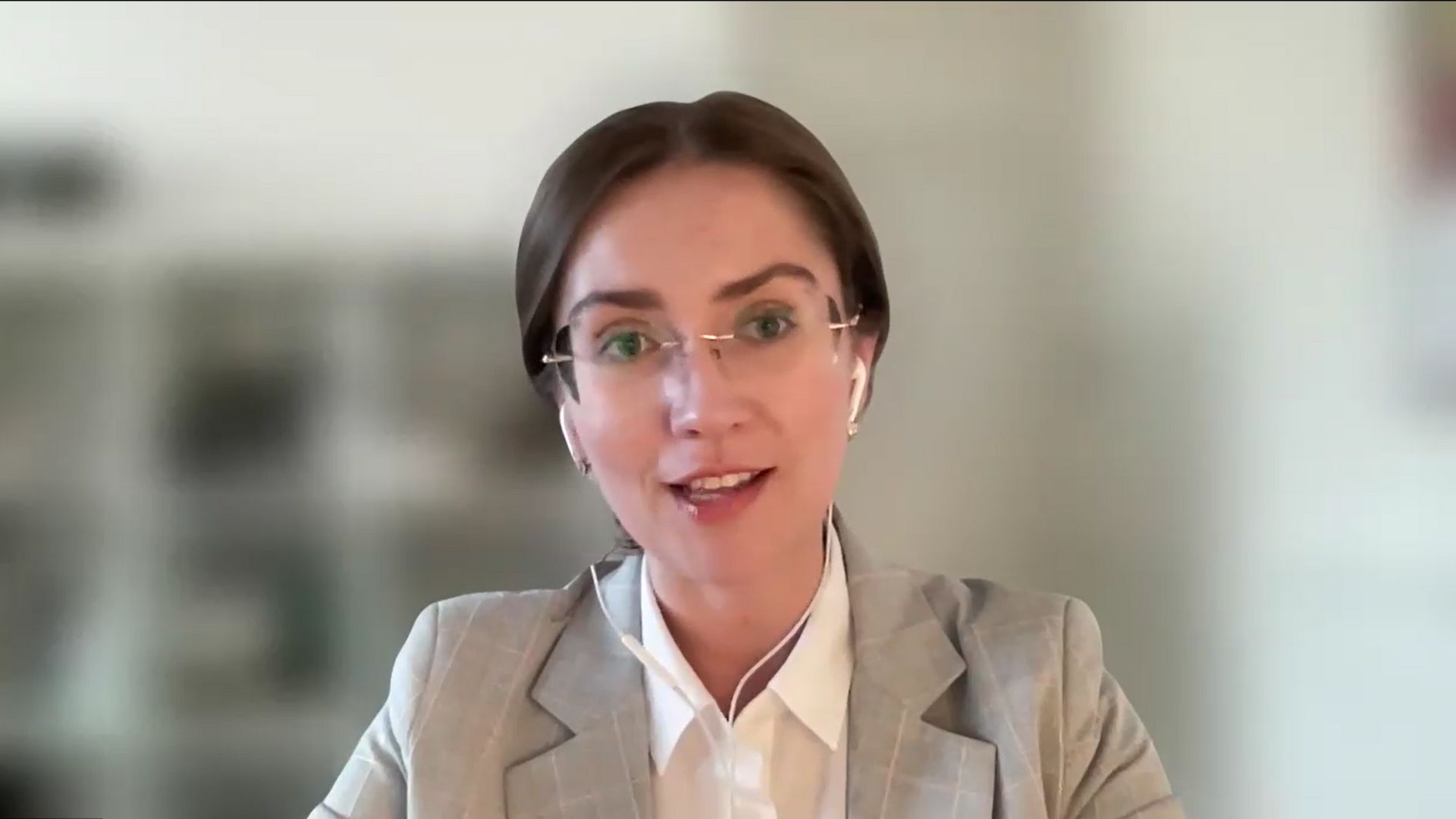
Ms. Busol also underscored the uniqueness of the Ukrainian case, where the activism of civil society — particularly the organization Truth Hounds — has been a crucial driving force not only in documenting crimes but also in shaping the vision for how such crimes should be investigated and redressed.
Inna Liniova, Director of the Ukrainian Bar Association’s Human Rights Institute, opened the event by thanking all participants and emphasizing the importance of the ongoing series of webinars on transitional justice, organized in partnership with several international and national institutions.
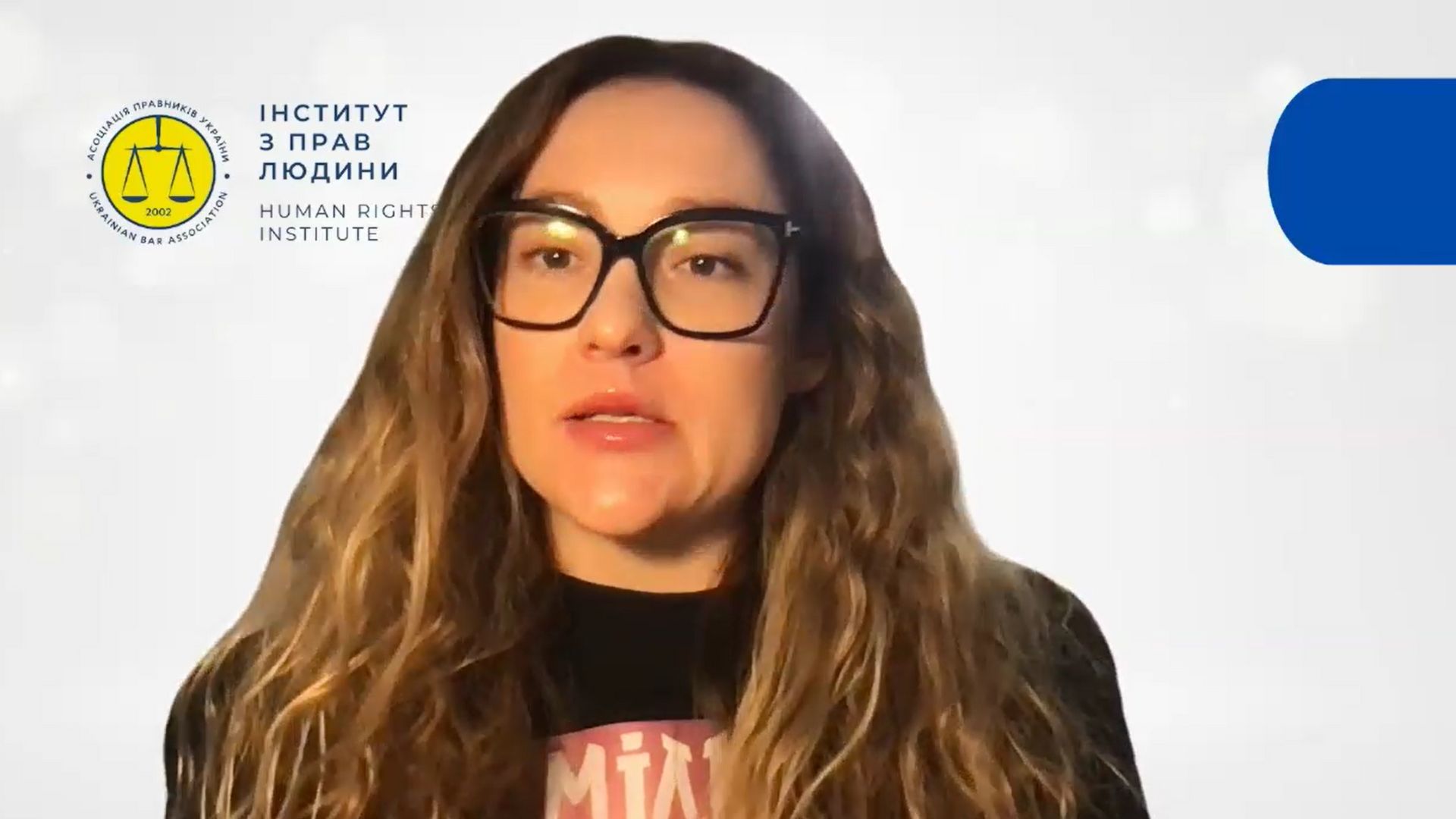
“We aim to promote knowledge about transitional justice, share best practices and lessons learned, as well as ideas that may be useful for our Ukrainian colleagues. This is essential for shaping effective public policy, legislation, and practices that support those affected by the war,” Ms. Liniova noted.
Focusing on the Ukrainian context, she highlighted that, unlike many other countries, Ukraine is already actively investigating international crimes committed on its territory. “According to data published on the website of the Office of the Prosecutor General, more than 190,000 criminal proceedings have been initiated regarding war crimes — and this does not yet include crimes against humanity or genocide, which are also being documented,” she emphasized.
In his remarks, Yurii Bielousov, former Head of the War Crimes Department of the Office of the Prosecutor General of Ukraine, shared key lessons from Ukraine’s experience. He noted that the full-scale invasion in 2022 marked a turning point: the investigative infrastructure, which had been operating since 2014 on a much smaller scale, proved unprepared for the sheer volume of crimes and had to be rebuilt almost from scratch. During the first weeks of the invasion, the main objective was simply to record as much evidence as possible, even in the absence of sufficient specialists and established procedures.
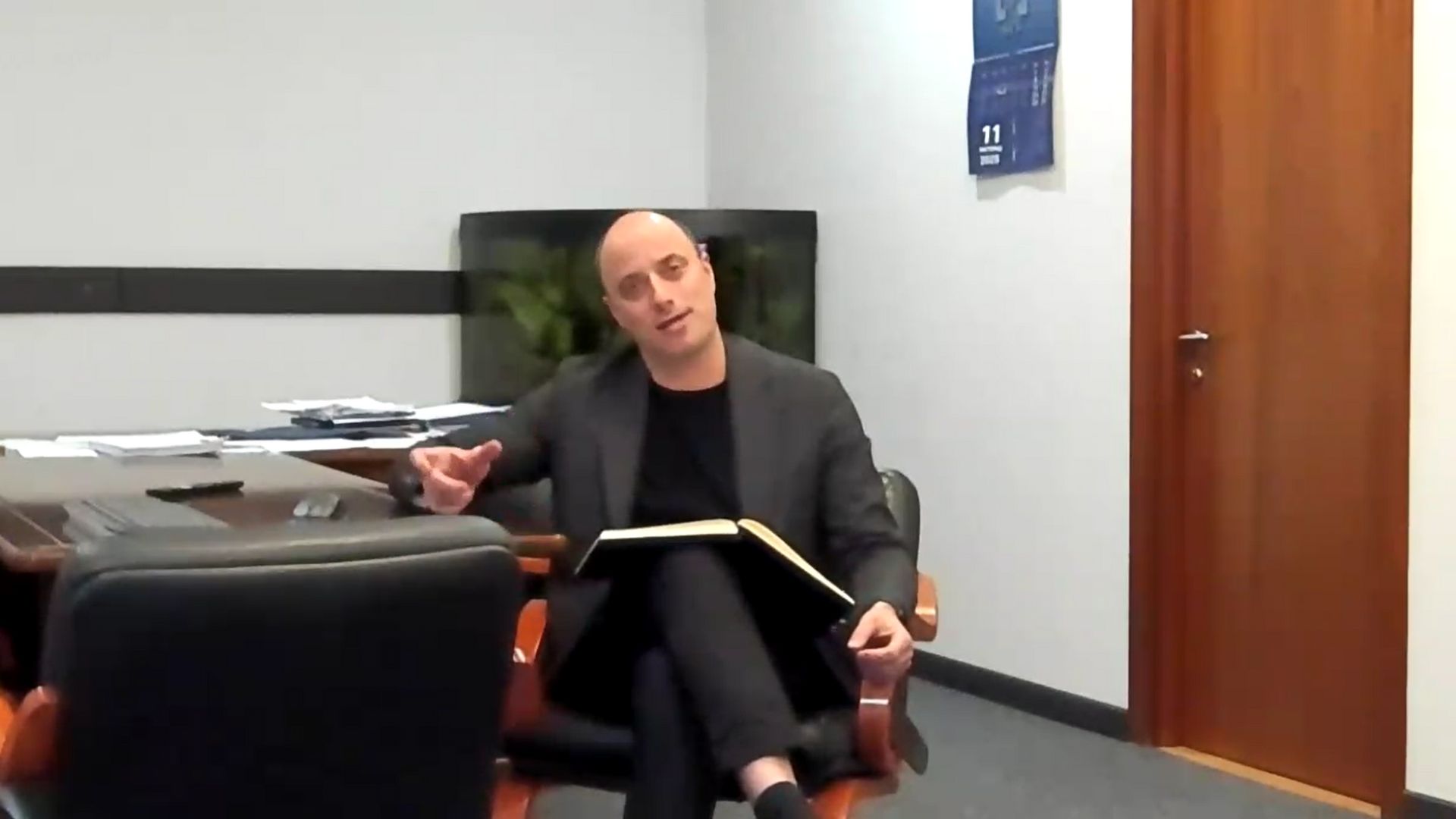
Mr. Bielousov also emphasized the critical importance of cooperation between the state, civil society organizations, and international partners. Thanks to the agility of non-governmental organizations, coupled with technological and expert support from the international community, Ukraine was able to establish coordinated efforts and introduce a standardized approach to crime documentation. According to him, new tools — in particular, drones used for 3D documentation of crime scenes — have significantly enhanced investigators' capabilities, even in areas that remain physically inaccessible.
Dmytro Koval, Co-Executive Director of Truth Hounds and lecturer at the National University of Kyiv-Mohyla Academy, focused his remarks on the interplay between national and international levels in the pursuit of criminal accountability. He noted that the legacy of the Soviet legal system, alongside Ukraine’s prolonged accession process to the Rome Statute, shaped the country’s unique trajectory in developing a transitional justice framework. In a context where the ICC remained limited to preliminary examinations, Ukrainian institutions were compelled to build their own capacity — establishing specialized units, implementing training programs, and documenting crimes independently.
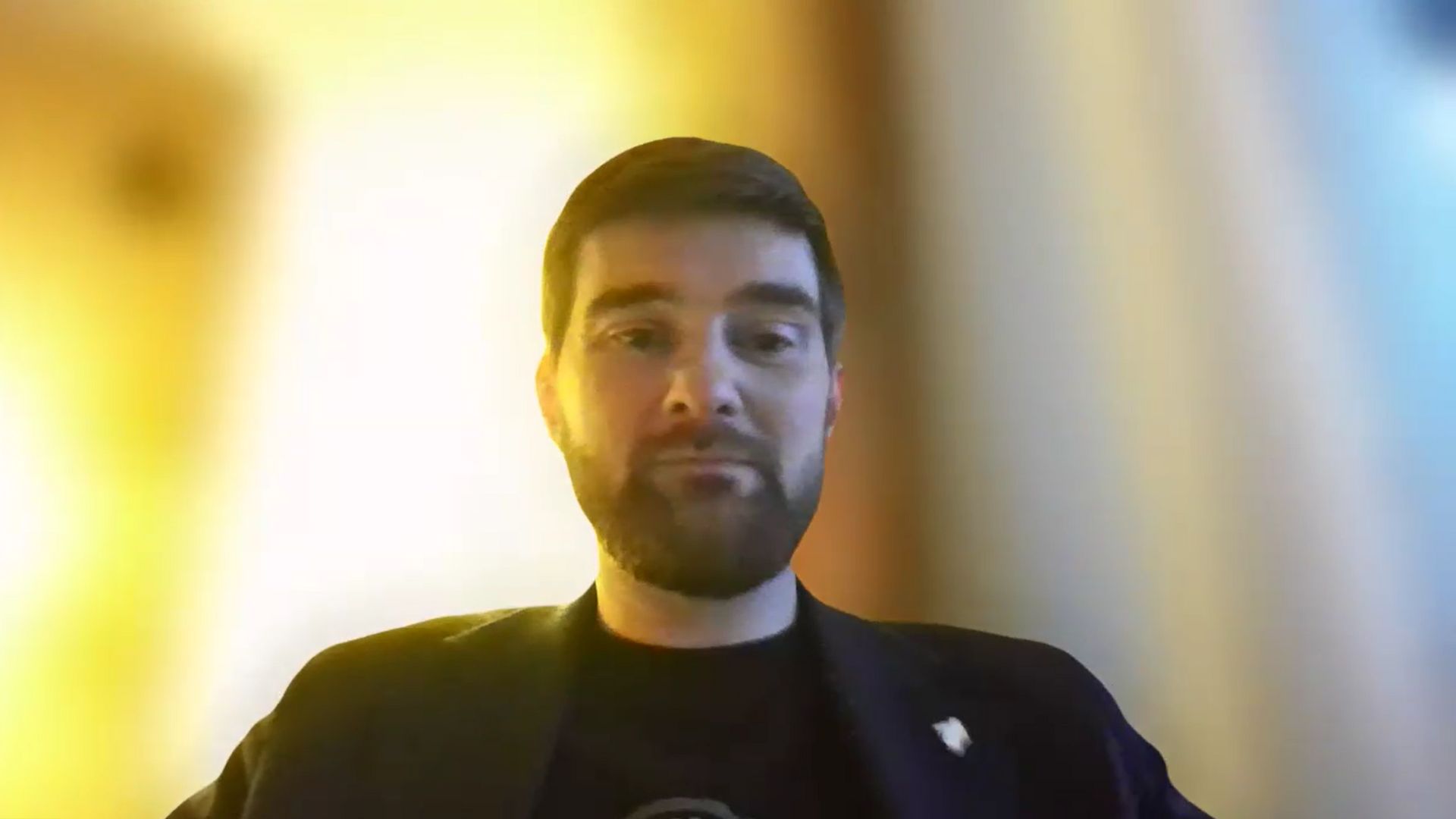
Dmytro Koval paid particular attention to the concept of positive complementarity — an approach in which international judicial institutions do not replace domestic systems but instead encourage their development and effectiveness. According to him, Ukraine serves as a compelling example of how this model can function in practice: the establishment of a specialized department within the Prosecutor General’s Office, the engagement of civil society organizations, and the launch of academic training programs all contributed to the creation of a national accountability infrastructure. He also noted that this approach is not only about efficiency but also about ensuring that the needs of victims are meaningfully addressed in the process of delivering justice.
Ilaria Martorelli, Head of the Sudan Program at the International Center for Transitional Justice, delivered a powerful account of the deteriorating situation in Darfur. She reported that the Rapid Support Forces (RSF) have effectively taken control of North Darfur, where the region has been engulfed by renewed waves of ethnically motivated violence, including mass killings and sexual violence. The world is learning about these atrocities primarily through satellite imagery and videos that the RSF themselves publish on social media — a deliberate tactic aimed at instilling fear among the civilian population.

She emphasized that the case of Ali Kushayb before the International Criminal Court (ICC) became possible only due to the courage of the victims, who have been fighting for truth and justice for over two decades. This proceeding, which gathered over 1,500 witness testimonies, has become a symbol for them — proof that accountability is achievable. The Court’s decision not only declared that punishment is inevitable but also prompted a rethinking among survivors about the meaning of justice — as a process of restoring dignity rather than merely punishing perpetrators.
Despite the significance of this development, Ms. Martorelli stressed that it remains only a fragment of justice, as many proceedings — including those concerning former President Omar al-Bashir — remain stagnant. Therefore, it is crucial not only to support ongoing cases but also to ensure genuine political will to see them through.
María Camila Moreno Munera, Head of the Colombia Office of the International Center for Transitional Justice, shared insights from Colombia’s experience in developing a transitional justice model. This model emerged from extensive national debates and collaboration with international partners, particularly the ICC. She highlighted that a key principle of this process was the recognition of the need to hold those most responsible for serious crimes accountable while ensuring the rights of victims. Even before peace negotiations with the FARC began, Colombia had laid the legal foundation to integrate transitional justice mechanisms into the country’s constitutional framework, thereby granting these mechanisms legitimacy and stability.
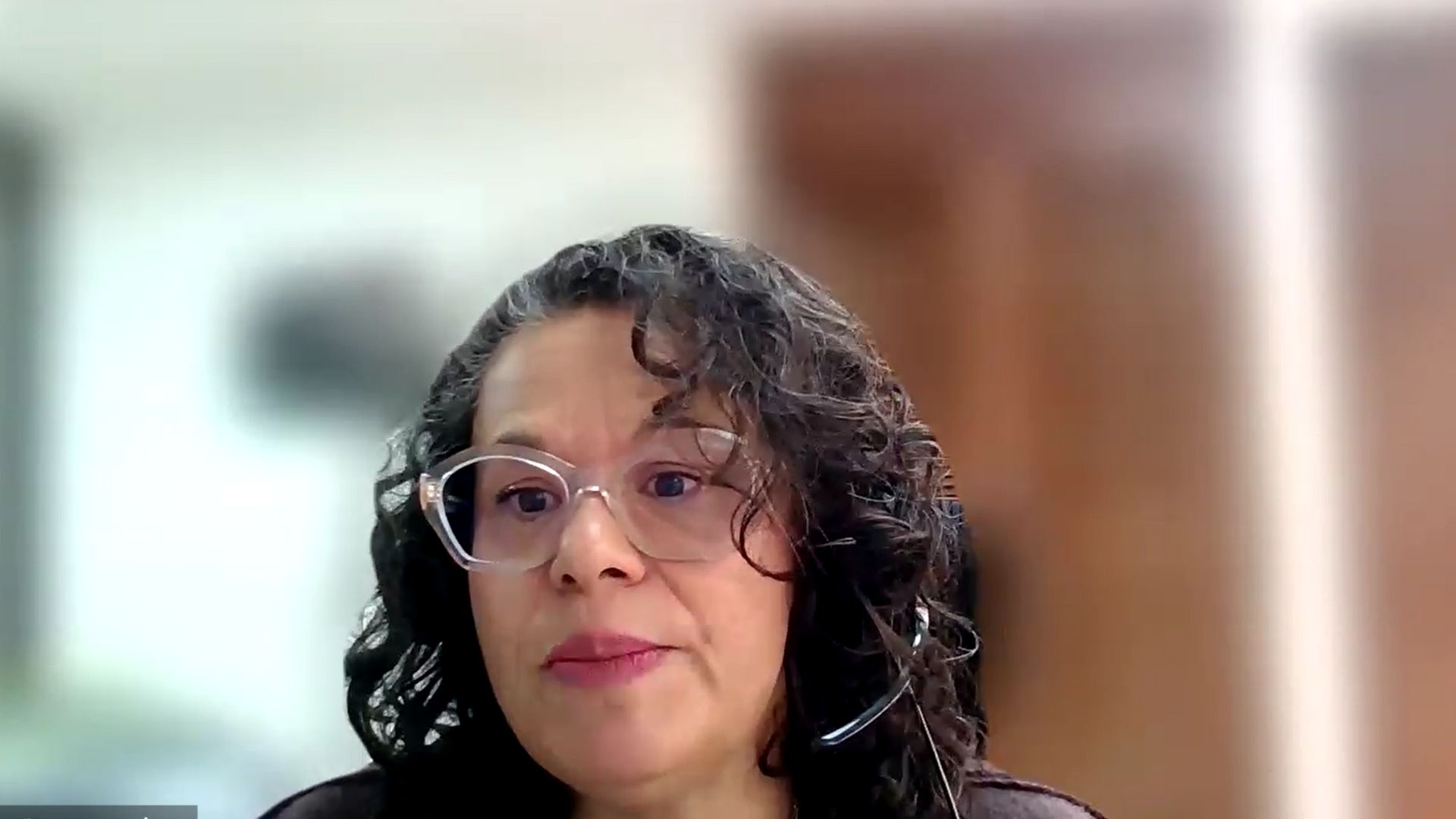
The Colombian model has become a unique example of how both state and non-state actors in a conflict can agree on a shared accountability mechanism. At its core is a comprehensive system of justice, reparations, and guarantees of non-repetition. This system requires not only the investigation of crimes but also the acknowledgment of responsibility, active contributions to justice restoration, and reparations for harm caused. According to Ms. Moreno Munera, the principle of positive complementarity played a central role in this approach — it was Colombia’s demonstrated capacity to deliver justice that led the ICC to refrain from initiating further investigations.
She placed particular emphasis on the role of the Special Jurisdiction for Peace (Jurisdicción Especial para la Paz, JEP), which functions as a tool not only of criminal justice but also of restorative and truth-seeking justice. She underlined that this court has the authority to directly apply international law and to adjudicate crimes under the Rome Statute, even if they were not codified in national legislation at the time they were committed. Nonetheless, the process of aligning national mechanisms with the ICC was challenging — particularly due to concerns over the leniency of sanctions and the selective nature of case prioritization. Over time, however, the evolving position of the Office of the Prosecutor helped strengthen confidence in the Colombian model and provided fresh momentum for its continued development.
The full recording of the event is available on the UBA YouTube channel.
